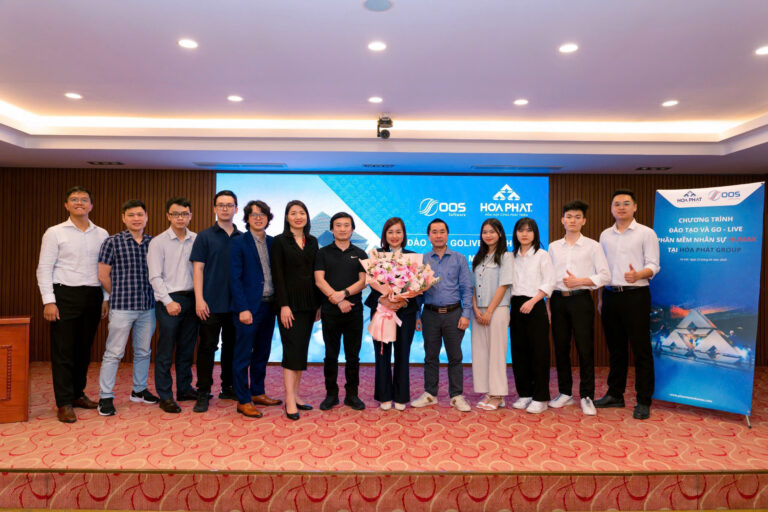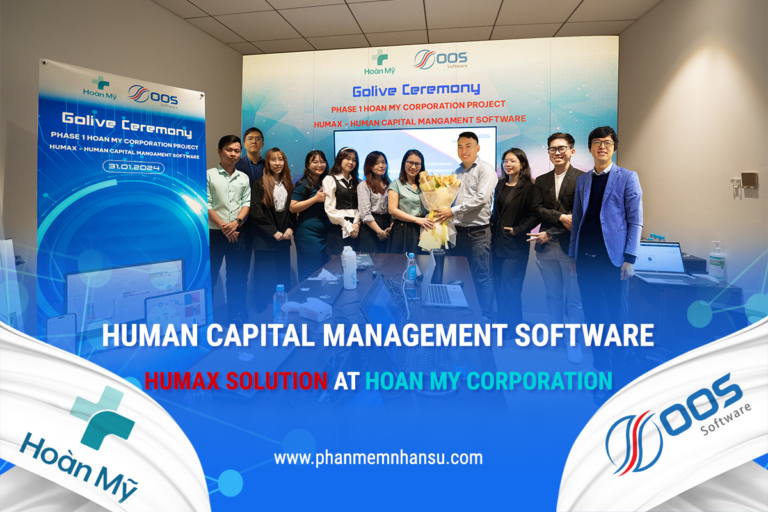“Running” the work of an entire human resources (HR) department alone, of course, comes with its challenges – from having to multi-task to meeting a variety of rules and regulations. – there are also certain advantages. For example, if only you exist in the human resources department, there is no need to worry about conforming to the traditional departmental structure and can completely set up your own system. This is also the time when you can remove inappropriate regulations to implement new policies or test software. However, even the best independent thinking and organizational professionals need support from time to time.
Here are a few tips that will help you succeed as the “one”:
1. Make a plan
People used to say “failure to plan is to plan to fail”, so first plan out what you want to accomplish with a specific time frame. Create a timetable to control when necessary tasks are completed, such as reporting on employment, tracking leave and calculating monthly wages, paying periodic insurance premiums or renewing employees' contracts , and other important deadlines. Next, create a list of short and long-term goals. Once you know what you want to accomplish, you can map out specific steps to achieve your goal. Maintaining a list of goals, deadlines, and implementation plans will help the only HR professional to stay on track, even when problems arise unexpectedly and are not " so emotional” when taking on a new job.
2. Find a trusted legal advisor
If the HR department has only you, most of the time you will have to carry out procedures for labor law, insurance, health care, labor protection... for employees. Being available next to a person who knows the law to trust and rely on, you will save a lot of time because you no longer have to struggle to find out the issues, and at the same time, you will be able to contribute valuable opinions and professional information. price. Currently, there are many companies that have legal specialists for HR department to assist with issues such as administrative investigations, audits, preparation and review of documents, checking the legality of contracts. as well as salary issues…

3. Update information
As the only person in your department, it's your job to stay on top of the latest news that's relevant and affects your people. Subscribe to our periodicals to read industry articles and learn about tools and tips that can help you tackle the problems of today and plan for the future. Sign up for free webinars and find ways to connect with networking events where you can meet top HR professionals who can provide advice and input. If you can afford it, you can even sign up for featured industry conferences to learn and network even further.
4. Leverage social media to your advantage
Today, social media has shown a big role in recruitment and human resource engagement. Companies use social media in everything from finding candidates to posting job ads and soliciting resumes. Social media can also help you learn more about important HR trends and get insightful advice by following industry bloggers/influencers.

5. Understanding each employee
A close approach to understanding employees from the top to the bottom is essential. Schedule meetings with department heads and everyone involved in the hiring, firing, and performance appraisal processes. It is not necessary to organize a meeting that is too formal, what is more important is that when you start you make sure you have a list of specific issues to focus on discussing, in order to make the meeting most effective. Get to know the organization's goals and research how you can meet them. Regularly communicating with managers will help you catch up with upcoming business direction changes that affect employees so that you can adjust your plan in time.
6. Tech-savvy
Investing in technology is probably the smartest move you can make if you're the only person in charge of the company's human resources. Choosing the right technology for HR operations can save up to 40% and up to 50% of time spent on administrative tasks. It not only saves time completing tasks such as payroll, benefits payment, activity reporting, but also helps to reduce errors. Deploying HR technologies requires an investment of both time and money, in the long run it will save you both, you will be more productive and reduce the chances of hiring the wrong person. .
Let's "take it easy", manage the work well and manage the "multi-task" most effectively!























